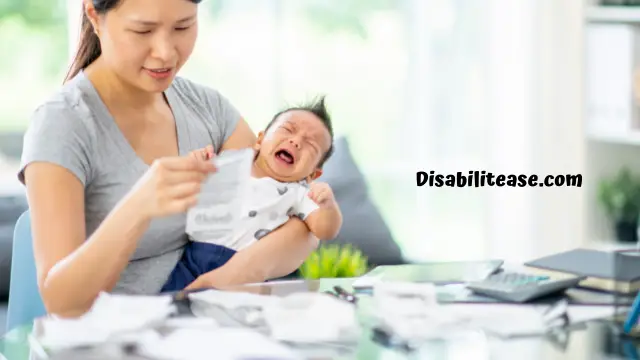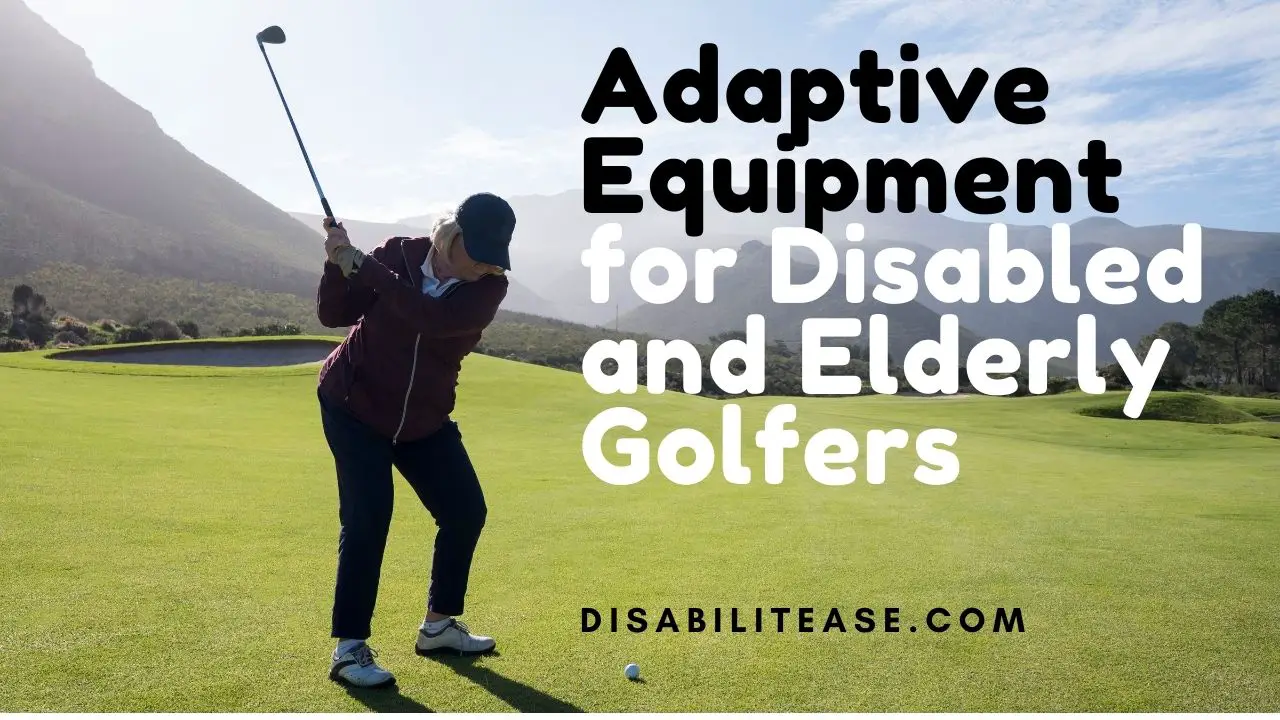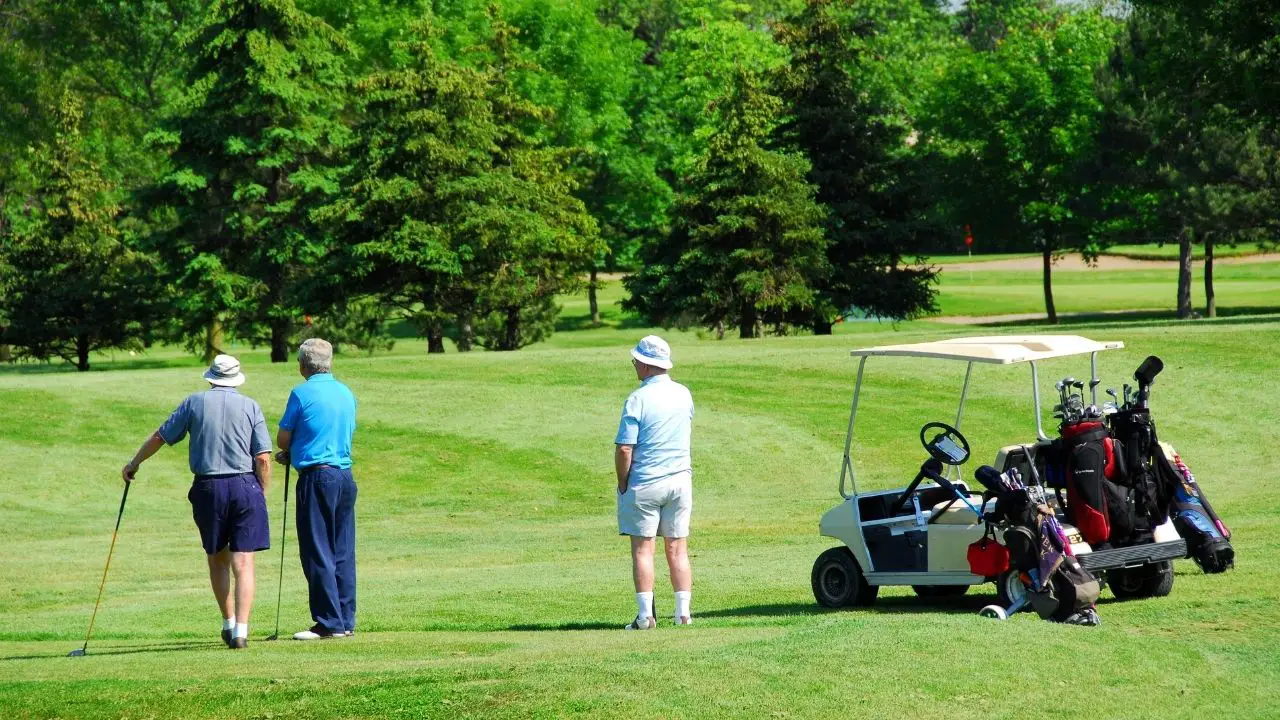How do deaf babies cry? Let’s talk about it. Children are a treasure trove for the parents. These frolicking souls are also their center of attention. Parents see their future and past both in their children. A famous maxim goes by, “Child is the man’s father.”

Parents are worried about their wholesome health right from birth, especially their natural senses. By then, many contemporary ways have evolved to get a beforehand idea about the babies’ health.
Here is a related article that might interest you on How Deaf Was Beethoven? How Did He Become Deaf?
A myth surrounding deaf babies is that they don’t cry at all.
Table of Contents
How Do Deaf Babies Cry?
In essence, deaf babies cry like normal babies. Crying is an instinct and a stimulus to meet basic needs, i.e., food, protection, or comfort. There is no difference between the cry of a healthy or deaf baby.
Here comes the million-dollar question. So, if deaf babies cry like normal babies, what’s the most pleasing screening way for your baby’s hearing sense?
Hearing Milestones for Baby
Judging the hearing sense from just crying is a myth at best. Nevertheless, a scientific approach for the first year goes like this;
New Born to Three Months
- Loud sounds.
- Produces soft sounds, including vowels such as eeh and aah.
- Recognize ssh and calm down.
Four Six months
- Move towards the source of the sound.
- Starts making the bubbling sounds.
- Starts responding to the tone of voice.
- Pays attention to the speaker.
- Starts responding to the music.
- Enjoys time with noise-making toys.
Seven-12 Months
- Starts detecting the source of the sound.
- Recognizes the name when called out loud.
- Listen to the conversation attentively.
- Abides by simple commands such as stand, sit, go, come.
- Looks at the objects you refer to.
- Imitates sounds.
- Call out names like pa-pa.
Which Babies Are At High Risk Of Deafness
- Born prematurely.
- Spent a stint in the NICU (Neonatal Intensive Care Unit).
- Exposure to medicines.
- Complications at the time of birth.
- Born with ear infections.
- Inflicted with cytomegalovirus or meningitis.
What If Crying Baby Is Not The Working Screening For Detecting Deafness?

It has emerged that deaf babies also cry like ordinary babies. So, there are some alternative but authentic screening ways. Let’s see what these two modes of screening are.
Automated Auditory Brainstem Response (AABR)
This is the screening that measures brain and nerve responses to sound. In this way, soft sounds or clicks are played before the baby’s ears through earphones. Moreover, electrodes are placed on the baby’s nerves that record the responses.
Otoacoustic Emission (OAE)
This second screening method measures the sound waves produced in the ear by placing a probe. The ear canal then records the responses readily. Like the first one, the second screening also takes 5-10 minutes.
What To Do If The Baby Flunks The Hearing Screening Test?
First Step: Consult an Audiologist
If the baby fails the initial screening test, you can confirm by re-testing. Then, for accurate diagnostic testing, you should consult an Audiologist.
Second Step: Application of Childhood Hearing Interventions
If the audiologist confirms that the child has a hearing loss, then the professionals will guide you in applying gearing ads.
Frequently Asked Questions [ FAQs ]
Do Deaf Babies Cry Differently?
No, all babies cry in the same manner. The reason is that baby cries are instinctive and inborn. They are not affected by any external factors. The only difference is that feared babies do not hear their cries.
Is My Child Ignoring Me Or Deaf?
There is a simple solution if your child does not respond to you but is attentive towards other sounds like TV or music. She is likely befooling you. If a baby is unresponsive to all the surrounding sounds, including yours, she may likely experience deafness.
Concluding Notes
It is the myth at best that deaf babies do not cry. They do, just like other healthy babies.
You cannot detect this deafness just by this perception. It would be just as good as a wild guess.
Different causes put children at risk of deafness. Moreover, specific authentic screening ways give you a spot-on diagnosis. These screening ways also provide you with a definite way for treatment and finding the way out.

Hi, my name is Eddie, I am a professional trainer specializing in the elderly population and I’m also a website designer. I love training in the gym, going to the beach, traveling, and having good food.
I combined my love for sport and website designing to make “DisabilitEase” whose purpose is to help elderly and disabled people live a more full and active life, have more fun, and enjoy their unique journey despite any disability.



